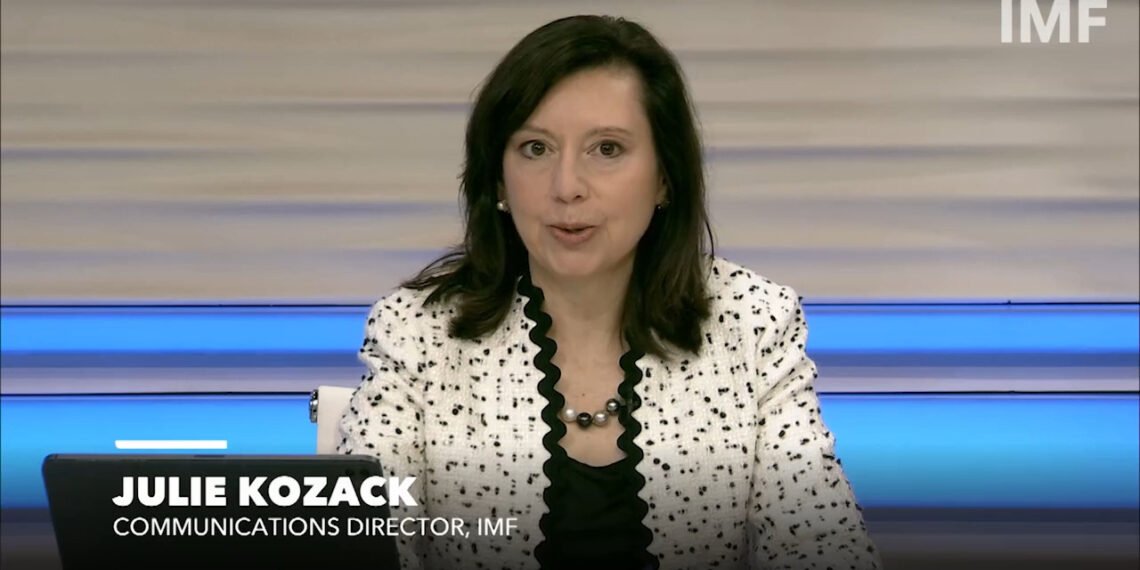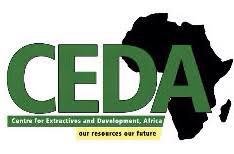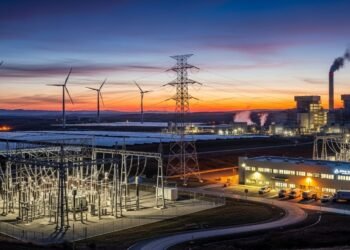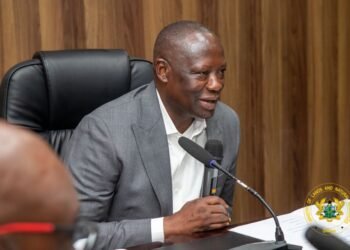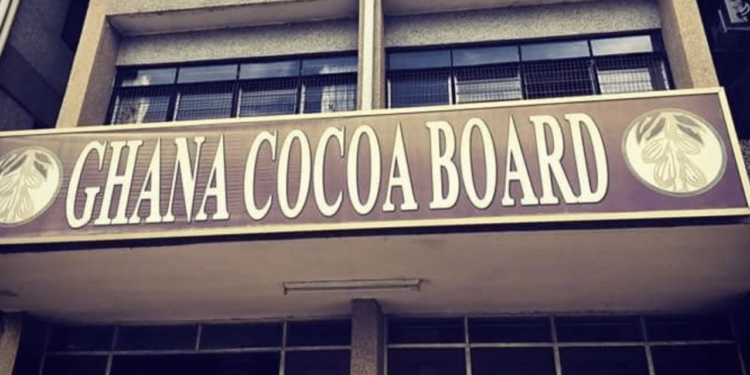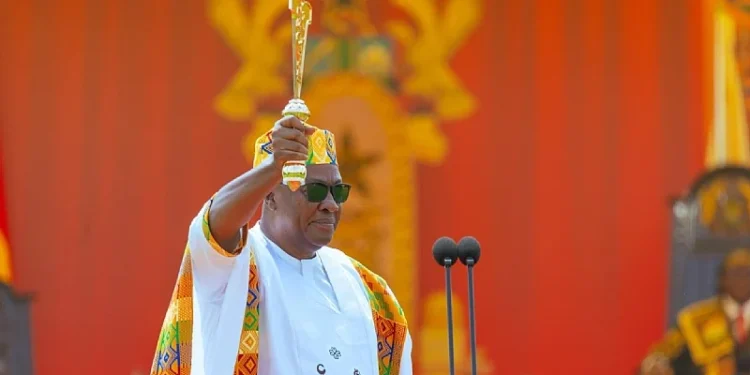The International Monetary Fund (IMF) has called for electricity tariff reforms in Ghana that go beyond revenue generation, emphasizing that adjustments must target inefficiencies in the sector, attract new investment, and curb the build-up of arrears that have long plagued the energy industry.
Speaking at a press briefing, IMF Communications Director Julie Kozack said reforms in the electricity sector remain critical to Ghana’s fiscal and economic stability.
“It is essential from our perspective that any tariff adjustments in the electricity sector aim to address long-standing inefficiencies in the electricity sector.
“Importantly, they support much-needed investment in the electricity sector, and they are aimed at also preventing the accumulation of arrears in the energy sector.”
IMF Communications Director Julie Kozack
IMF Pushes for Structural Reforms

Beyond tariff adjustments, the IMF is pushing for broader structural reforms, including enhanced private sector participation in Ghana’s power industry.
Kozack stressed that the involvement of private operators in the operations of the Electricity Company of Ghana (ECG) could improve efficiency and reduce the financial risks associated with state-owned enterprises.
“The Fund continues to support broader reforms, including private sector participation in the operations of ECG, as part of a wider effort to enhance efficiency and reduce fiscal risks.”
IMF Communications Director Julie Kozack
Her remarks highlight the IMF’s position that electricity reforms are as much about fixing governance and operational inefficiencies as they are about raising tariffs.
The IMF’s comments come as Ghana grapples with a controversial tariff hike proposed by the Electricity Company of Ghana. The state distributor has applied to the Public Utilities Regulatory Commission (PURC) to increase its Distribution Service Charge (DSC1) by a staggering 225 percent between 2025 and 2029.
If approved, the tariff would rise from its current GHp19.0384 per kilowatt-hour to GHp61.8028 per kilowatt-hour. ECG argues that such an adjustment is necessary to stabilize its finances, which have been undermined by ballooning debts and operational inefficiencies.
According to the company, the proposed increase will provide the revenue needed to clear arrears owed to independent power producers (IPPs), boost operational efficiency, and fund investments in critical infrastructure expansion.
Rising Public Concern

Despite the rationale, the proposed tariff hike has triggered strong reactions from households, businesses, and civil society. Many argue that the increase is disproportionate and risks worsening the economic hardships faced by ordinary citizens.
For businesses already grappling with currency volatility, higher electricity costs could lead to increased production costs, job cuts, or higher consumer prices. For households, the fear is that electricity could become unaffordable for low- and middle-income families.
Energy analysts also caution that without addressing inefficiencies such as ECG’s high technical and commercial losses, tariff hikes alone may fail to deliver the intended stability. Critics argue that consumers should not be forced to bear the full cost of inefficiencies that the utility has been slow to fix.
The IMF’s intervention underscores the delicate balance policymakers must strike between ensuring financial sustainability for utilities and protecting consumers from unbearable costs.
For the Fund, tariff reforms are unavoidable if Ghana is to attract investment into its energy sector and prevent the cycle of debt accumulation that has destabilized power supply in recent years.
However, as Kozack stressed, reforms must be structured to address inefficiencies and strengthen governance, rather than serving as a blanket increase.

The PURC now faces the difficult task of weighing the financial needs of utilities like ECG against the economic realities of consumers.
With electricity underpinning both industrial growth and household welfare, the outcome of this debate will shape Ghana’s broader development trajectory.
As Ghana works through its IMF-backed fiscal consolidation program, the energy sector remains a central pillar of reform.
The sector’s financial health not only determines the reliability of electricity supply but also directly impacts the country’s fiscal stability through debts and arrears.
Kozack’s comments reinforce the IMF’s message that while tariff increases may be necessary, they are not a silver bullet. The focus, she argued, should remain on efficiency, transparency, and investment to ensure that reforms deliver lasting benefits.
Whether Ghana can achieve this balance remains to be seen, but the coming months will be critical as the PURC deliberates on ECG’s proposal and sets the tone for the country’s power sector in the years ahead.
Read Also: Banking Sector Shakeup: Five Ghanaian Banks Under Intense BoG Scrutiny Over Capital Failures

